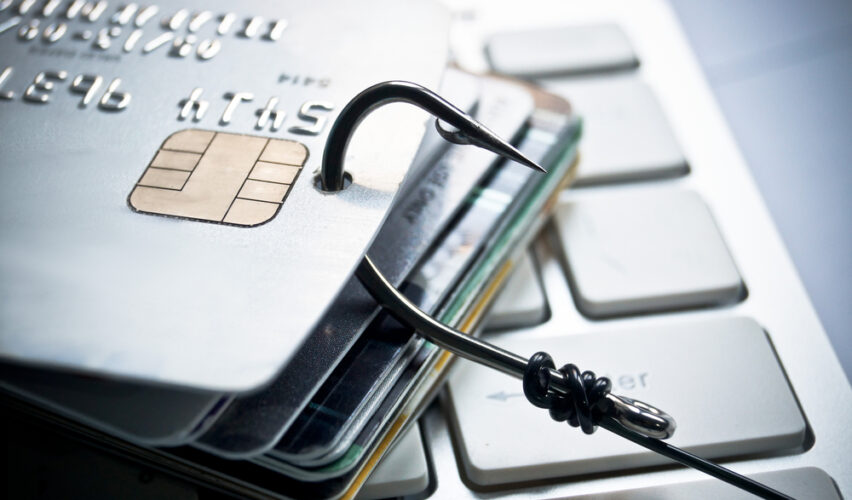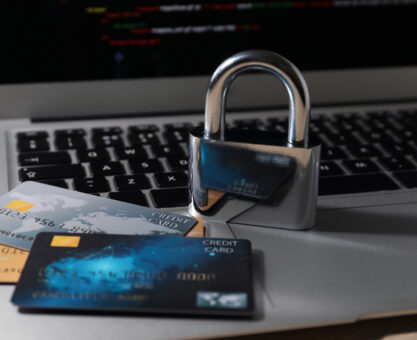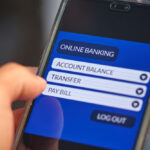According to Security.org, “52 million Americans had fraudulent charges on their credit or debit cards last year, with unauthorized purchases exceeding $5 billion.” Even more astounding, only 7% of fraudulent charges involved stolen or lost credit cards. The rest were perpetrated by accessing personal data and account information remotely.
What Is Credit Card Fraud?
Basically, credit card fraud is a type of identity theft that’s used to make purchases, withdraw cash, or open new accounts. Some common methods include:
- Phishing: Using emails or texts to gain information through misleading links
- Skimming: Copying card numbers from point-of-sale terminals
- RFID collection: Digitally reading the signals used for contactless payment
- Hacking: Using malware or public Wi-Fi signals to access personal data
“Keep in mind that most email scammers will not provide a phone number.”
How To Keep Your Credit Card Information Safe
The simplest way to prevent credit card fraud is to keep your credit cards locked away at home or in an RFID-protected case in your wallet. Other strategies include:
- Shredding documents with credit card information. And never recycle paperwork with your identifying information on it.
- Filling in the blanks. When signing a credit card slip, always fill in blank amounts with a zero before signing. Otherwise, servers may be tempted to fill in the blanks with a sizable tip.
- Never disclose information to cold callers. Credit card scammers often make phone calls posing as credit card companies. In addition to hanging up on them, call your credit card company’s direct line and report calls from anyone claiming to be an affiliate or employee.
- Don’t fall for phishing schemes through email. Never open any unexpected links or attachments in emails from people or organizations you don’t know. Keep in mind that most email scammers will not provide a phone number.
- Regularly review your transactions. When you review your credit card transactions online at least once a week, you can get the jump on any suspicious charges and report them to your credit card company right away.
- Consider enrolling in a Credit Monitoring Service. Credit monitoring services constantly track your spending habits to identify suspicious purchases. They alert you when new accounts are opened in your name and when changes in credit scores are the result of unauthorized transactions.
If you become a victim of identity theft, call your credit card company then contact The Federal Trade Commission (FTC) online at IdentityTheft.gov or call 1-877-438-4338. Also, call the three major credit reporting agencies and ask them to place fraud alerts and a credit freeze on your accounts.























